Afraid of AI taking your job? Make this mental change
If you’re feeling anxious about AI right now, you’re not alone. It’s reasonable to wonder whether AI will soon be able to do a lot of what we used to think of as human work. As of now, this technology has already shown some degree of promise for all of the following very human psychological skills: diagnosing diseases, writing code, summarizing and teaching information, predicting markets, brainstorming, product design, project management, coaching, and much more. We probably all know some optimists who think AI will be merely an efficiency tool that gets you 80% there and humans will still be needed for the other 20%. But even in a scenario like that, some current jobs will surely be lost. I’m not going to try to predict the future and say what is right. I’m just pointing out that there are plenty of reasons why many of us are worried, anxious, or downright afraid of AI taking our jobs at some point. Psychology has something very valuable to offer here. What this is really about is living with uncertainty. One good way to live well—perhaps even happily—with uncertainty is to start by understanding what the worry, anxiety, and fear (WAF) are there for. As University of Michigan Professor Ethan Kross explains, emotions are useful sources of information. When it comes to WAF, very often the information is that there is something coming in the future that you can’t fully control and you want the outcome to turn out a certain way. In other words, WAF serves a function—to help us try to control the future. That can be adaptive at times, like when preparing for a major licensing exam. It’s a specific goal where you can control the outcome in some important ways. Worrying about whether certain topics will be covered on the exam can help you do some downside planning. Feeling a little anxious on the morning of the exam can help you stay energized and focused. Having some fear about what would happen if you failed to study enough and were embarrassed with the results can motivate you when your motivation lags. All of that helps you try to control the future. Trying to control the future is not so adaptive when it’s not meaningfully possible, such as when the future is as uncertain as it is with AI. In this context, downside planning can have no end, the anxiety can be chronic because there is no singular event—like the exam—coming up to apply it to, and the fear of failure can feel unending when any job you might have or prepare for might be taken away by AI. But the truth is that no one can know what capabilities and impact AI will have in the future. There’s a place for some guessing and downside (or upside) planning with AI, but that’s different from the ongoing and repeated fears many have of AI taking their jobs. WAF in this case often leads to a general sense of doom and hopelessness. It no longer serves an adaptive purpose. Instead it holds you back—and it’s unpleasant. However, the information in the WAF is still useful. The information is often that you seek a greater sense of control over your career success. What can you do to gain some sense of control and reduce WAF when the future is so uncertain? It all comes down to bringing your focus to what you can control. These three steps can be a great way to do so: Honor that goal of having a sense of control, and find a better way to get there. Focus on what you can control, which, in this case, is the present and your use of AI now. Answer this question: What do I want to do with AI now? For example, I need to engage in negotiations from time to time. On occasion, I find I am quite cynical about the chances that the other side will play fair or be open to listening. So one way I want to use AI right now is to get guidance from experts on cynicism. I might not have access to Jamil Zaki, author of Hope for Cynics. But I know that researchers have often found that your beliefs and attitudes make a big difference in how things turn out. So if I wanted to change my cynical attitude about my negotiation, I could ask AI to suggest a few pointers that Zaki would likely recommend to help me to approach a negotiation with hopeful skepticism rather than having already cynically written the other side off. When you focus on what you want to do with AI now, you do two things that should decrease the WAF feelings. One is that you increase your sense of control, which has been shown to reduce stress and anxiety. The other is that, rather than trying to avoid what you fear, you reorient toward approaching what you desire. So it’s more about desire and less about WAF. Shifting your focus to what you want that is within your control now, as pertains to AI, can help you live well with the uncertainty around how AI will affect your job. Often people try to gain control over a highly uncertain future by dwelling on what the future could hold. But this leads to avoidance and distracting negative WAF feelings. Paradoxicall

If you’re feeling anxious about AI right now, you’re not alone. It’s reasonable to wonder whether AI will soon be able to do a lot of what we used to think of as human work. As of now, this technology has already shown some degree of promise for all of the following very human psychological skills: diagnosing diseases, writing code, summarizing and teaching information, predicting markets, brainstorming, product design, project management, coaching, and much more.
We probably all know some optimists who think AI will be merely an efficiency tool that gets you 80% there and humans will still be needed for the other 20%. But even in a scenario like that, some current jobs will surely be lost. I’m not going to try to predict the future and say what is right. I’m just pointing out that there are plenty of reasons why many of us are worried, anxious, or downright afraid of AI taking our jobs at some point.
Psychology has something very valuable to offer here. What this is really about is living with uncertainty.
One good way to live well—perhaps even happily—with uncertainty is to start by understanding what the worry, anxiety, and fear (WAF) are there for. As University of Michigan Professor Ethan Kross explains, emotions are useful sources of information. When it comes to WAF, very often the information is that there is something coming in the future that you can’t fully control and you want the outcome to turn out a certain way. In other words, WAF serves a function—to help us try to control the future.
That can be adaptive at times, like when preparing for a major licensing exam. It’s a specific goal where you can control the outcome in some important ways. Worrying about whether certain topics will be covered on the exam can help you do some downside planning. Feeling a little anxious on the morning of the exam can help you stay energized and focused. Having some fear about what would happen if you failed to study enough and were embarrassed with the results can motivate you when your motivation lags. All of that helps you try to control the future.
Trying to control the future is not so adaptive when it’s not meaningfully possible, such as when the future is as uncertain as it is with AI. In this context, downside planning can have no end, the anxiety can be chronic because there is no singular event—like the exam—coming up to apply it to, and the fear of failure can feel unending when any job you might have or prepare for might be taken away by AI.
But the truth is that no one can know what capabilities and impact AI will have in the future. There’s a place for some guessing and downside (or upside) planning with AI, but that’s different from the ongoing and repeated fears many have of AI taking their jobs. WAF in this case often leads to a general sense of doom and hopelessness. It no longer serves an adaptive purpose. Instead it holds you back—and it’s unpleasant.
However, the information in the WAF is still useful. The information is often that you seek a greater sense of control over your career success.
What can you do to gain some sense of control and reduce WAF when the future is so uncertain? It all comes down to bringing your focus to what you can control. These three steps can be a great way to do so:
- Honor that goal of having a sense of control, and find a better way to get there.
- Focus on what you can control, which, in this case, is the present and your use of AI now.
- Answer this question: What do I want to do with AI now?
For example, I need to engage in negotiations from time to time. On occasion, I find I am quite cynical about the chances that the other side will play fair or be open to listening. So one way I want to use AI right now is to get guidance from experts on cynicism.
I might not have access to Jamil Zaki, author of Hope for Cynics. But I know that researchers have often found that your beliefs and attitudes make a big difference in how things turn out. So if I wanted to change my cynical attitude about my negotiation, I could ask AI to suggest a few pointers that Zaki would likely recommend to help me to approach a negotiation with hopeful skepticism rather than having already cynically written the other side off.
When you focus on what you want to do with AI now, you do two things that should decrease the WAF feelings. One is that you increase your sense of control, which has been shown to reduce stress and anxiety. The other is that, rather than trying to avoid what you fear, you reorient toward approaching what you desire. So it’s more about desire and less about WAF.
Shifting your focus to what you want that is within your control now, as pertains to AI, can help you live well with the uncertainty around how AI will affect your job.
Often people try to gain control over a highly uncertain future by dwelling on what the future could hold. But this leads to avoidance and distracting negative WAF feelings. Paradoxically, shifting your focus to the present and to what you want that is within your control now, can be the best way to set your future self up for success. As you get to know the technology you can build a more constructive relationship with it.






























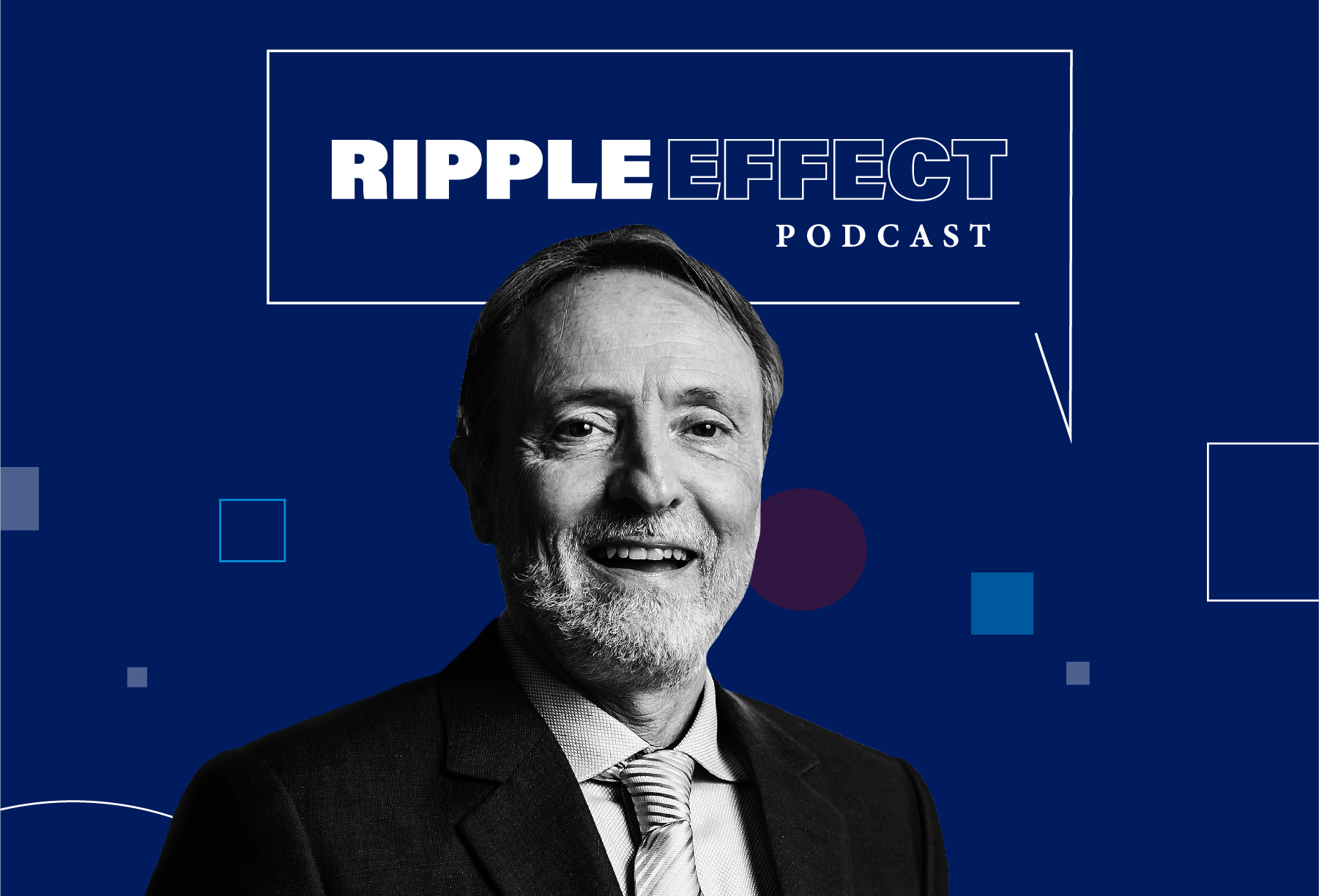






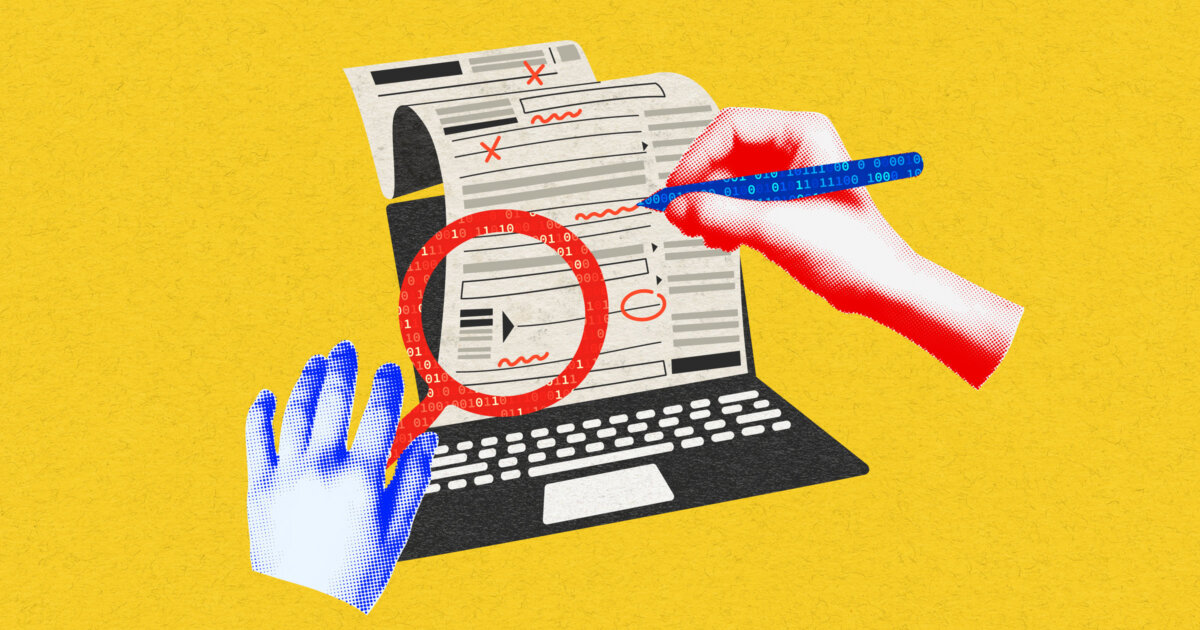
































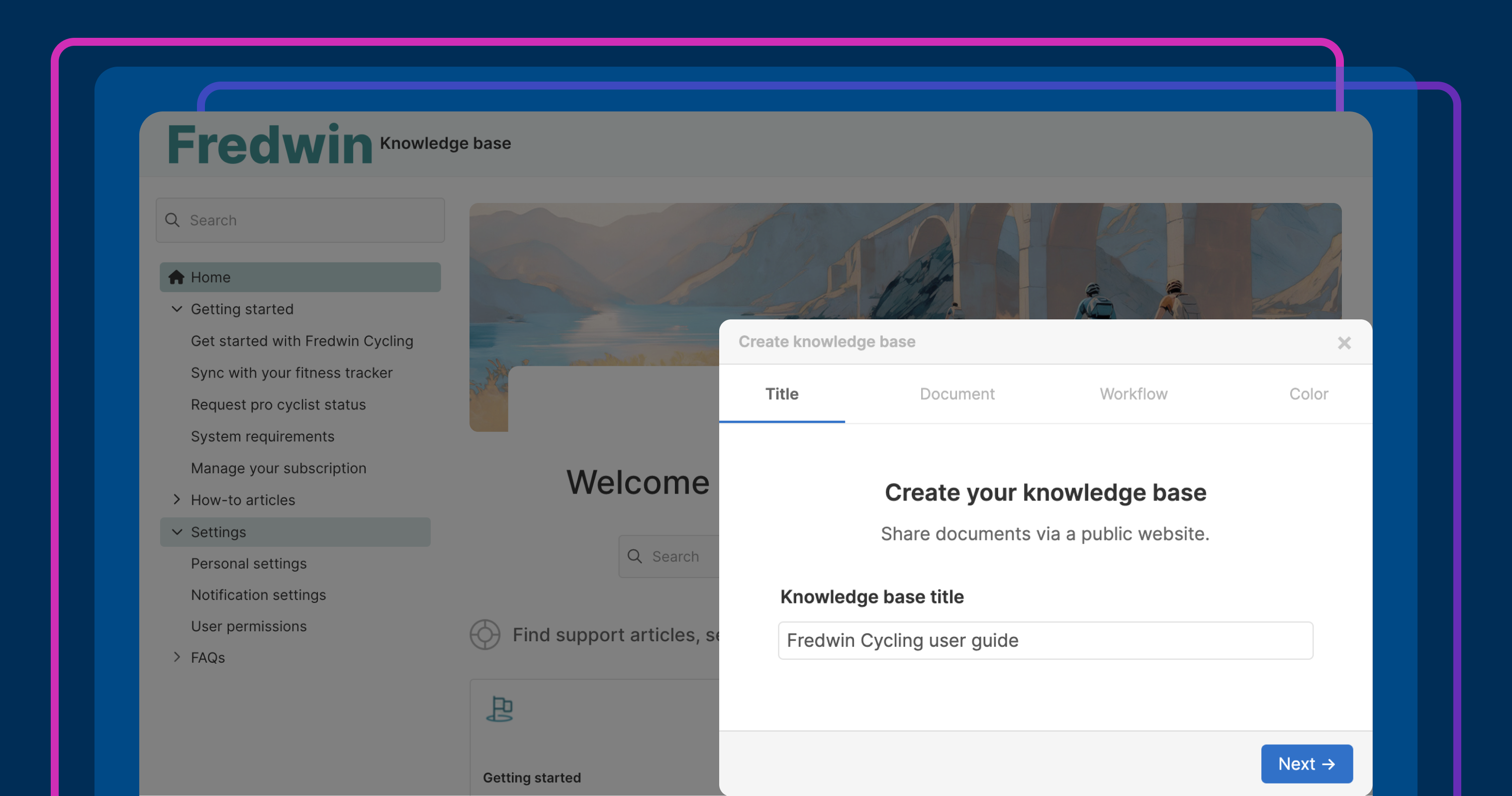



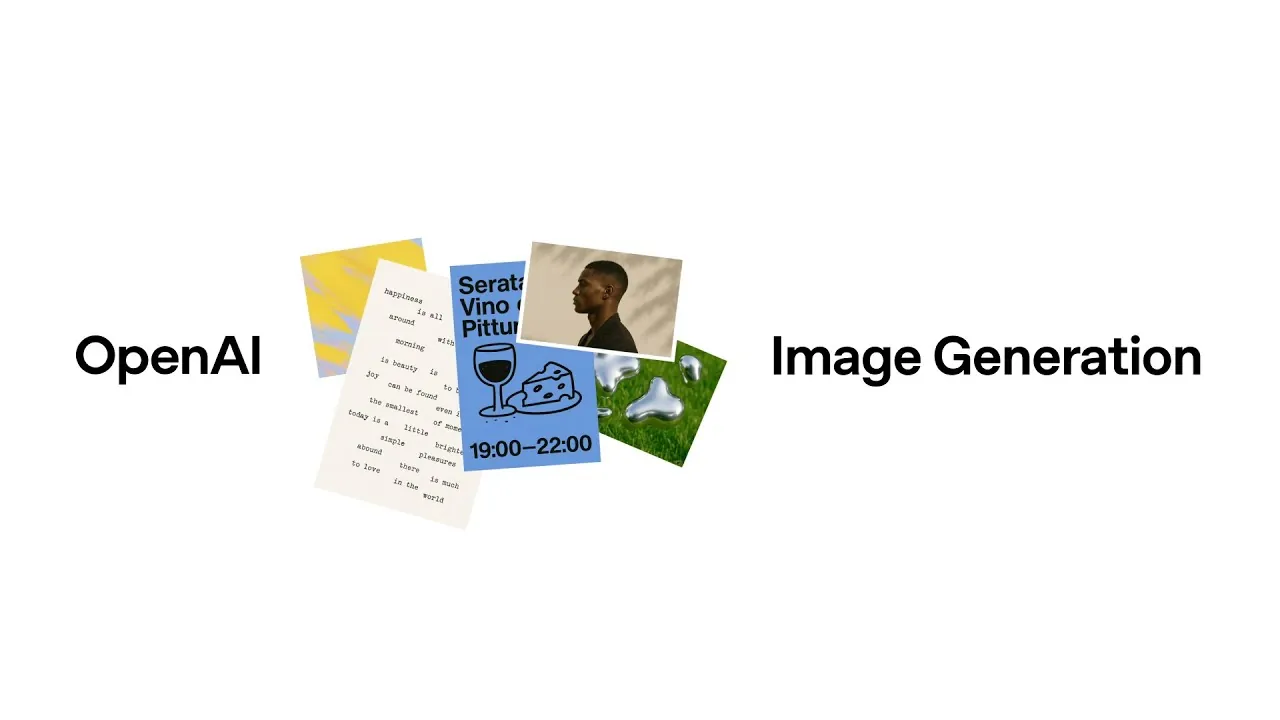



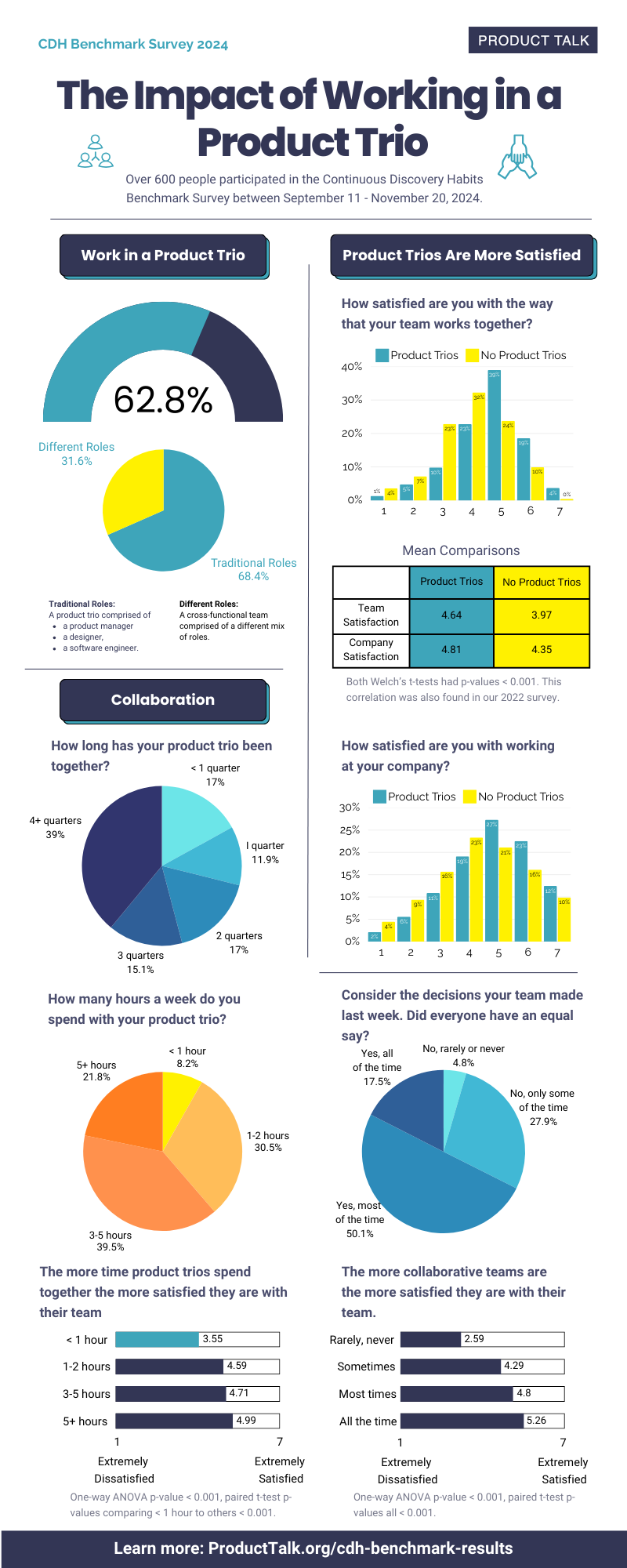














![Building A Digital PR Strategy: 10 Essential Steps for Beginners [With Examples]](https://buzzsumo.com/wp-content/uploads/2023/09/Building-A-Digital-PR-Strategy-10-Essential-Steps-for-Beginners-With-Examples-bblog-masthead.jpg)



![How One Brand Solved the Marketing Attribution Puzzle [Video]](https://contentmarketinginstitute.com/wp-content/uploads/2025/03/marketing-attribution-model-600x338.png?#)





![How to Use GA4 to Track Social Media Traffic: 6 Questions, Answers and Insights [VIDEO]](https://www.orbitmedia.com/wp-content/uploads/2023/06/ab-testing.png)








![[Hybrid] Graphic Designer in Malaysia](https://a5.behance.net/920d3ca46151f30e69b60159b53d15e34fb20338/img/site/generic-share.png)























